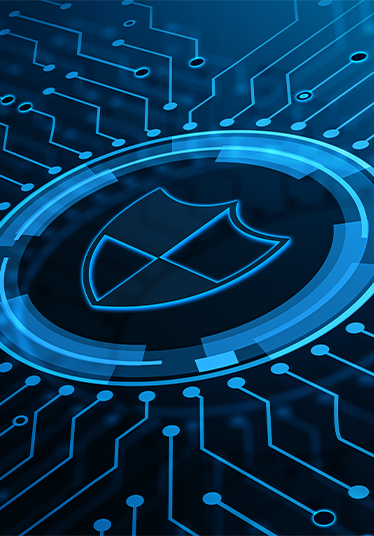Professionals based in industry who have interest in cybersecurity. The micro credential will prepare professionals for a rewarding career; for example, to take a role as a security manager, security engineer, security analyst, or IT security specialist.

Applied Cryptography
Overview
| Module Code | COMP47890 |
| Module Title | Applied Cryptography |
| Subject Area | Cybersecurity |
| Credits | 5 |
| NFQ | 9 |
| EFQ | 7 |
| Start Date | 22 May 2026 |
| Duration | 12 Weeks |
| Time | Synchronous |
| Mode of Delivery | Online |
| Course Leader | Dr. Félix Balado Pumarino |
| Fee | Full Fee:€900 |
| Application Deadline | 15 May 2026 |
This micro credential introduces the field of cryptography, with an emphasis on modern techniques currently used in the real world. The module is meant to be as accessible as possible in terms of its mathematical content.
On successful completion of this micro-credential, you will be able to:
- Understand the fundamentals of the major algorithms used in modern cryptography
- Understand the practical deployment of such algorithms
- Use cryptographic tools and techniques to encrypt, decrypt and sign messages
- Identify attacks and vulnerabilities in cryptographic systems, and their countermeasures
- Explain multi-step security protocols control.
The micro-credential content will cover:
Introduction and basic concepts
-
- Hash functions: SHA
- Message authentication codes (MAC)
- Modern symmetric-key encryption: AES, modes of operation, AES-CBC-HMAC
- Key exchange: Diffie-Hellman
- Asymmetric-key encryption: RSA
- Digital signatures: public key infrastructure (PKI), RSA signatures
- Randomness
- Protocols: secure transport (SSL, TLS), end-to-end encryption, user authentication
This holistic and well-rounded course will be of interest to executives and professional/technical staff who:
- need to acquire knowledge and skills to equip themselves better for their current role.
- want to gain a promotion.
- want to open up new career opportunities for themselves in cyber security related roles.
- are interested in doing some research in this field, perhaps in relation to a current work problem.
- want to gain a qualification to add to their standing and credibility within their professional life.
This micro-credential is delivered through the UCD online learning platform (Brightspace). Mix of autonomous student learning (72 hours), lectures (18) tutorials(18) and reflective learning
Minimum of 2.1 honours bachelor’s degree in Computer Science (or a cognate discipline) or 2:2 honours bachelor’s degree in computer science (or a cognate discipline) and equivalent (> 5 years) industrial experience in software development or software/system security.
Each applicant will be assessed on a case-by-case basis. Applicants whose first language is not English must also demonstrate English language proficiency of IELTS 7.0 (no band less than 6.5 in each element), or equivalent.
The form of assessment includes practical assignments and online quizzes
Week 2, Week 3, Week 4, Week 5, Week 6, Week 7, Week 8, Week 9, Week 10, Week 11, Week 12
Individual feedback will be provided for graded assignments.
- Leadership in Security COMP47800
- Applied Cryptography COMP47890
- Risk Assessment and Standards COMP47900
- Secure Software Engineering COMP47910
- Information Security COMP47920
- Cybersecurity Law LAW42160
- Incident Response COMP47870
- Network Security COMP47880
- Malware Analysis COMP47810
- Ethical Hacking COMP47860
On successful completion of this micro-credential, you will receive credits as per the European Credit and Transfer System. These credits are recognised by the awarding institution as credits aligned to learning completed at postgraduate level.
If you have any questions about this micro-credential, or would like to speak to a UCD staff member, please contact (opens in a new window)microcredentials@ucd.ie.
